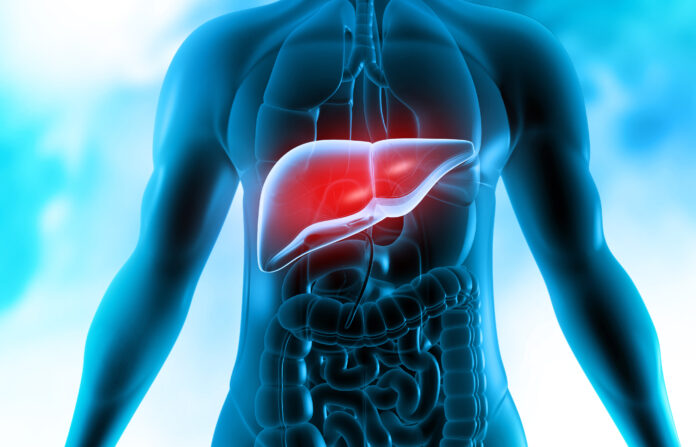
Research led by Rutgers University in New Jersey shows that high levels of a specific serum protein in the blood can predict whether someone with acetaminophen-induced acute liver failure will need a transplant or have a poor outcome.
Writing in the journal Clinical Gastroenterology and Hepatology, Bishr Omary, Henry Rutgers Professor of Biomedical Sciences at Rutgers, and colleagues showed that individuals who needed a liver transplant or who died after acetaminophen-induced acute liver failure had significantly higher levels of carbamoyl phosphate synthetase 1 (CPS1) than those who recovered without the need for a transplant.
The researchers also assessed whether CPS1, a mitochondrial urea cycle enzyme expressed primarily in liver cells, could predict outcome in non-acetaminophen related liver injury cases, but the association was not as notable in these cases.
“We still need to validate these results in more patients to further confirm that CPS1 levels predict acute liver failure from causes other than acetaminophen (Tylenol), but this has the potential to be a highly valuable prognostic and clinical management tool for acetaminophen and other causes of liver failure,” said Omary in a press statement.
Statistics suggest around 3000 people in the U.S. experience liver failure each year. Overdosing on the common painkiller acetaminophen is the most common cause, but liver failure is also caused by other medications, autoimmunity, viruses or other infections and even overdosing on herbal supplements.
Many people who overdose on acetaminophen recover without needing a transplant, but there is still a high need in this group. “Any prognostic tool that helps distinguish patients likely to recover from those likely to die from their acute liver failure—while transplant candidates are still healthy enough to survive the surgery—would thus be extremely valuable,” said Robert Fontana, a professor at the University of Michigan and co-author of this study.
As liver injury triggers release of CPS1 and the protein has a short half-life, the researchers predicted it could be a good biomarker to predict liver failure outcomes. They therefore assessed its efficacy in 103 patients with acetaminophen-related liver failure and 167 with non-acetaminophen related liver failure.
Levels of CPS1 were higher in the acetaminophen group than in those with liver failure from other causes. In the acetaminophen group, patients who received a liver transplant or who died within 21 days of being admitted to hospital had significantly higher levels (around double) of CPS1 than those who recovered without a transplant. Levels of CPS1 were higher on day 3 than day 1 after hospitalization in those who had a poor outcome.
The link between CPS1 levels and poor outcomes was also seen in the non-acetaminophen group, but it was not as pronounced and not statistically significant. However, the research team plans to investigate this further in a larger group of patients.
“Enhanced diagnostics, like CPS1, that allow earlier decision-making regarding the need for liver transplantation and that improve the predictability of outcome would clearly improve the care of patients with acute liver failure,” said Lu Chen, a visiting scholar at the Rutgers Center for Advanced Biotechnology and Medicine who was one of the paper’s primary authors.











